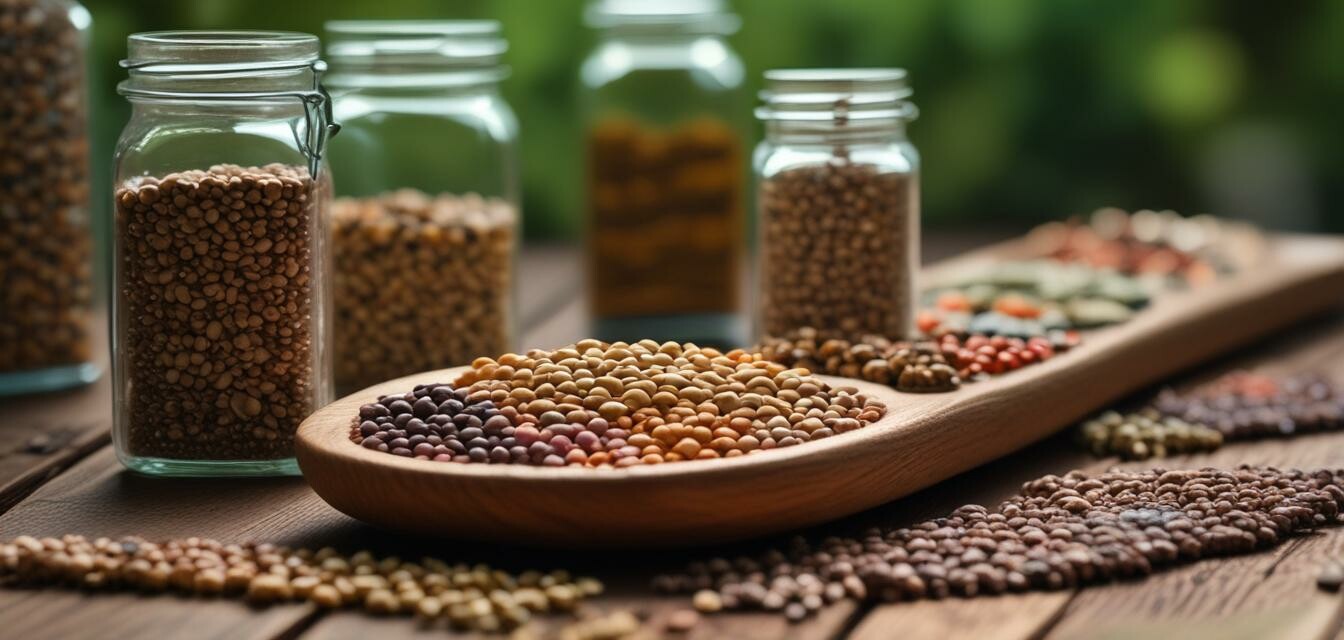
How to Select the Best Bird Seed for Your Backyard
Key Takeaways
- Different birds prefer different types of seeds.
- Quality matters: fresh seeds attract more birds.
- Consider seed mixes for a variety of bird species.
- Understand seasonal changes in bird feeding behavior.
- Regular maintenance of feeders ensures a healthy environment.
Welcome to our comprehensive guide on selecting the best bird seed for your backyard. Choosing the right bird seed is vital for attracting the colorful bird species that enhance your garden's beauty. With a plethora of options available, this guide will provide you with all the information you need to make an informed decision.
Understanding Bird Seed Types
Before selecting bird seed, it's essential to understand the different types and their specific benefits. Below is a table summarizing the most common bird seeds and the species they attract:
| Seed Type | Attracts | Benefits |
|---|---|---|
| Black oil sunflower seeds | Cardinals, Chickadees, Nuthatches | High in fat and calories, perfect for energy boost |
| Nyjer seed | Goldfinches, Siskins | High in oil, very attractive to small finches |
| Safflower seeds | Cardinals, Grosbeaks | Limited access for squirrels, high protein |
| Seed mixtures | Various species | Great variety, appeals to multiple bird types |
Choosing the Right Seeds
Selecting the right seeds depends on the bird species you hope to attract. It’s best to start with the following considerations:
- Bird Species: Identify the common bird species in your area through local resources or birdwatching groups.
- Seasons: Understand which seeds are better appreciated in different seasons (e.g., high-energy seeds in winter).
- Feeder Type: Certain seeds require specific feeder designs; for example, Nyjer seeds require a tube feeder.
- Availability: Ensure the seeds you choose are easily available, focusing on fresh, high-quality sources.
Popular Types of Bird Seed
Here’s a closer look at some popular types of bird seed:
- Sunflower seeds: Most preferred by many birds due to their high energy content.
- Millet: A staple for ground-feeding birds like sparrows and doves.
- Peanuts: Loved by jays and woodpeckers, they can be offered whole or in a mix.
Pros and Cons of Different Bird Seeds
Pros
- Attracts specific bird species.
- Enhances your birdwatching experience.
- Encourages biodiversity in your backyard.
Cons
- Can attract unwanted pests.
- Quality may vary between brands.
- Seed waste if not properly managed.
Maintaining Your Bird Feeders
Proper maintenance of bird feeders ensures a welcoming environment for your feathered friends. Here’s how you can keep your feeders in top shape:
- Regularly clean feeders to prevent mold and diseases.
- Store bird seed in a cool, dry place to maintain freshness.
- Check seed levels often to avoid running out.
Conclusion
Choosing the best bird seed for your backyard should now be an easy task. Remember to consider the bird species, types of seeds available, and how to maintain your feeders. By providing an inviting atmosphere for birds, you’ll not only enhance your backyard’s beauty but also your enjoyment of nature. To further explore bird-related products, check out our bird seed selection and learn more about how to create the perfect environment for your avian visitors.
Further Reading
For additional advice on enhancing your backyard bird environment, visit our other guides, including our Expert Tips section, where you can find valuable insights.